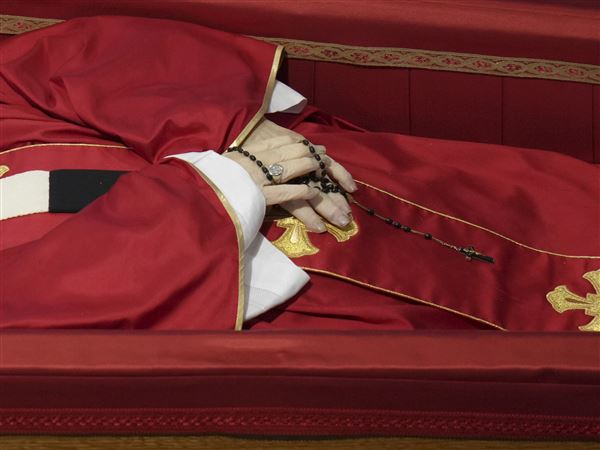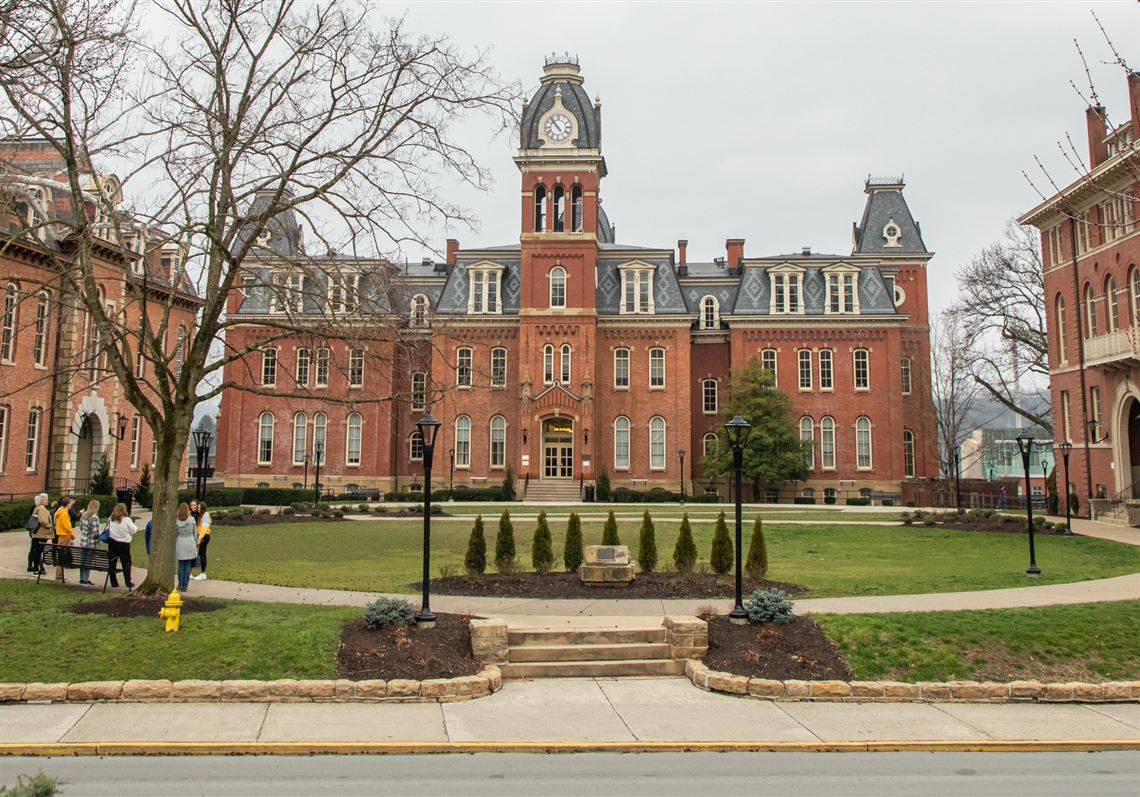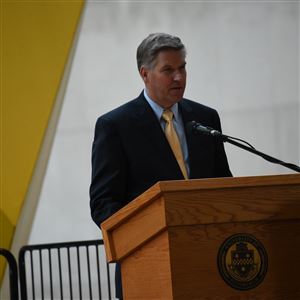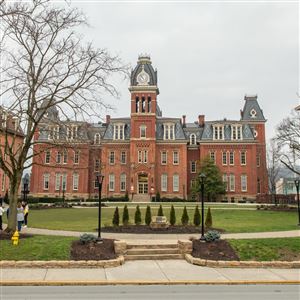West Virginia University Friday announced moves to address systemic racism stretching from makeup of its currently all-white board of governors to education efforts and new policies against “racially insensitive symbols or language.”
WVU president E. Gordon Gee and board chair David Alvarez outlined the plans as board members met via Zoom call. The effort will include creating at least four working groups that cover campus policing, developing leadership, campus climate and partnerships.
Mr. Gee said he expects the first of the action items from those groups to be implemented by the Aug. 19 start of fall classes. Provost Maryanne Reed said the moves will extend to the curriculum, and officials said it also could mean anti-racism education and a review of student and employee codes of conduct.
“This is just the beginning,” Mr. Gee promised.
The response comes amid a burgeoning Black Lives Matter movement nationally and long-held displeasure within WVU’s black community in Morgantown about educational inequities and an environment some say does not embrace them as Mountaineers. Other schools, the University of Pittsburgh among them, have embarked on similar self-examinations amid what some have called a national reckoning after the killing of George Floyd last month at the hands of Minneapolis police.
Black students represent about 4% of the 27,000 students on WVU’s Morgantown campus. Critics blame that at least in part to insufficient recruiting.
An open letter signed by about 800 students, alumni, faculty and others was delivered to WVU leaders and public officials Tuesday. It cited instances of overt racism for which there were no repercussions.
“West Virginia University, your Black community is hurting,” the letter stated. “We no longer need talk, we need action.”
The letter from students, faculty and alumni sent to WVU officials:
It cited a 2018 video on social media of a fraternity student yelling racial slurs at another student; as well as social media images in 2019 of a baby doll in Blackface, including the doll hanging from the ceiling by its neck, and a second image that showed the doll being held by a female student in a sorority shirt.
“In both of these instances, no further action was taken to prevent this from happening again or to enact real institutional change,” the letter asserted.
“We have talked about our ideas, as well as what could be fixed or improved upon. We have served as teachers for West Virginia University administration, only for our knowledge and experiences to fall upon deaf ears,” it stated.
WVU’s 17-member board currently is all white, university spokesman John Bolt said. The board’s chairman said that makeup does not reflect members’ beliefs in diversity.
“We will change to better represent and reflect the student and alumni bodies of this University and have already begun discussions to do so,” he said.
“As I have watched the protests across the country and listened to the poignant words from our own WVU and Morgantown communities, I know that we have the opportunity and we must do better,” Mr. Gee said in his remarks to the board.
The proposals were expansive, but it’s not clear if they will entirely address demands that the letter’s signers said have built up over the years. The list includes:
• Mandatory diversity and anti-racism training for students, faculty, and staff;
• Holding those on campus accountable for racially insensitive imagery such as Blackface, lynching, and derogatory language;
• At least three additional Black counselors, therapists and psychiatrists; student peer and leadership support; a strategic plan for recruitment and retention;
• Added support for Black student organizations and reinstatement of the Office of Multicultural Programs; black graduate assistant ships, scholarships and greater opportunities for students “to study Blackness, African-American studies, and Africana coursework.”
Bill Schackner: bschackner@post-gazette.com, 412-263-1977 and on Twitter: @Bschackner
First Published: June 19, 2020, 11:57 p.m.



















